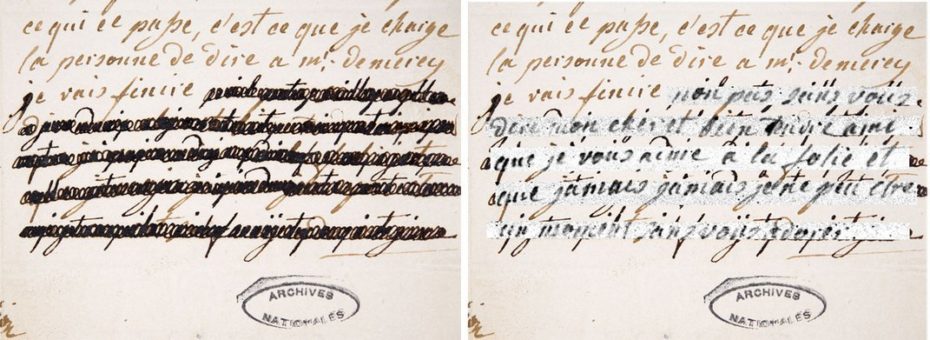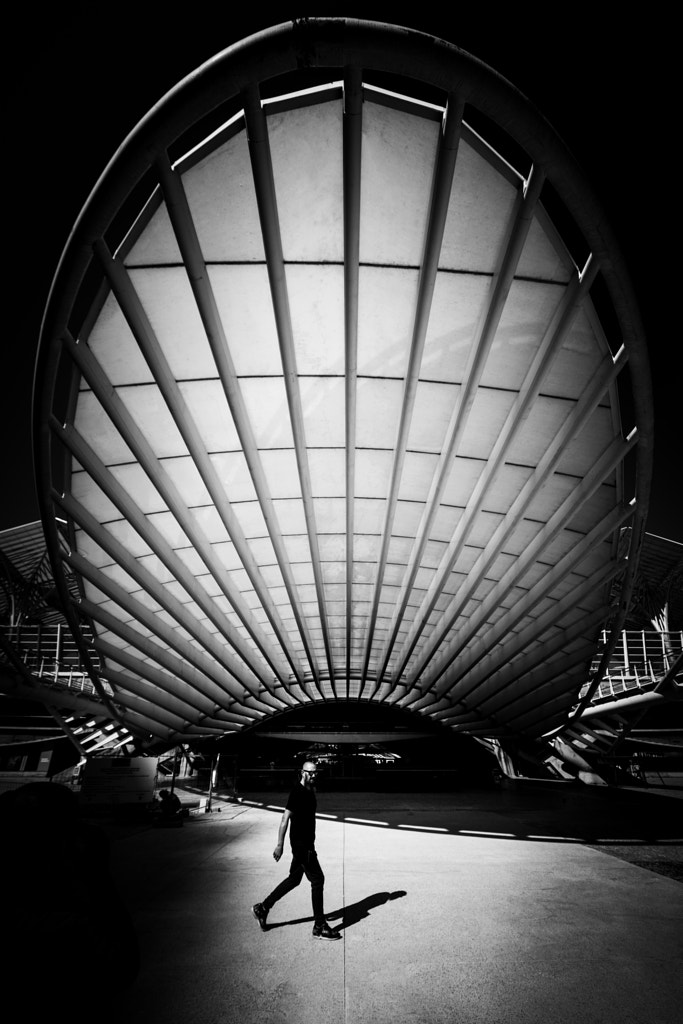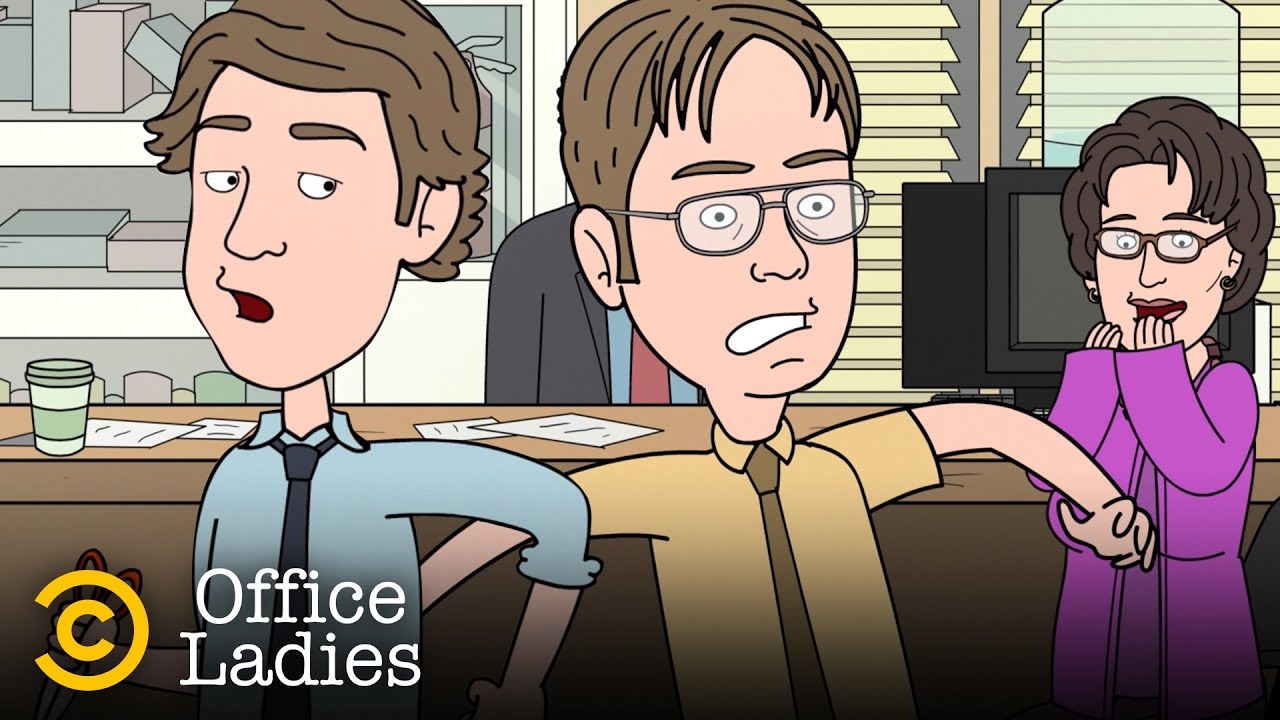"I never thought it would happen in my lifetime. I hoped it would happen, I prayed it would happen, but I never really thought I would see the day communism fell in Czechoslovakia. "
“Hope, in this deep and powerful sense, is not the same as joy that things are going well, or willingness to invest in enterprises that are obviously headed for early success, but, rather an ability to work for something because it is good, not just because it stands a chance to succeed. The more unpropitious the situation in which we demonstrate hope, the deeper that hope is. Hope is definitely not the same thing as optimism. It is not the conviction that something will turn out well, but the certainty that something makes sense, regardless how it turns out. In short, I think that the deepest and most important form of hope, the only one that can keep us above water and urge us to do good works, and the only true source of breathtaking dimension of the human spirit and its efforts, is something we get, as it were, from “elsewhere.” It is also this hope, above all, which gives us the strength to live and continually to try new things, even in conditions that seem as hopeless as ours do, here and now.”
Havel’s words were uttered in 1986 after his many years of struggle with communism that included time in prison. Yet Havel did not lose hope that one day he would see his country liberated from the iron grasp of totalitarianism. Astonishingly, three years later, his audacious hope was realized and enshrined in history. Havel will always remain a symbol of hopeful resistance and one of the great examples of practitioners of hope.
The waves of optimism that swept Czechoslovakia in 1989 have long receded. Many think that the current situation in Slovakia does not offer many reasons for optimism, while others maintain that the measure of pessimism in Slovak society is disproportionately high.
Havel met Pope Benedict XVI during the pope's trip to Prague in 2009. He met Blessed John Paul II at least five times, three of them in Prague, and Havel attended the late pope's funeral at the Vatican in 2005. The two men admired one another and saw each other as participants in the same battle for freedom, human rights, human dignity and respect for the cultures of Eastern Europe.
Andrej Imrich and his memories of Pope Jan Pavol ||
September 15th is the feast day of Our Lady of the Seven Sorrows of Slovakia.
Pope Francis urges Slovak Jesuits in their work to draw closer to God and His people, during his Apostolic Visit to Slovakia
With Maria and Jozef on the Way to Jesus
We were not put here just to make do, but to make something of our lives”, said the Pope. He urged the young people to be heroic and to “dream fearlessly”. “Please, don’t let your lives just pass by”, added the Pope.
Pope to young people in Slovakia: ‘dream fearlessly’
The archbishop, who met Havel in prison in 1981 and continued to meet with him after the end of communism in 1989, was scheduled to celebrate Havel's funeral Mass Dec. 23 in St. Vitus Cathedral.
"He knew the loss of freedom, the denial of human dignity, oppression and imprisonment," Archbishop Duka said in a statement posted Dec. 18 on the Czech bishops' website. "I am convinced that everyone across the country, regardless of political or religious beliefs, owes him honor and thanks."
Funeral of Youth … Human and Country Tragedy
New York Times op-ed: When Dictators Find God, by David Brooks:
What is the 21st century going to be about? If you had asked me 20 years ago, on, say, Sept. 10, 2001, I would have had a clear answer: advancing liberalism. After the fall of the Berlin Wall, the end of apartheid, Deng Xiaoping’s reforms in China, a set of values seemed to be on the march — democracy, capitalism, egalitarianism, individual freedom.
Then over the ensuing decades, democracy’s spread was halted and then reversed. Authoritarians in China, Central and Eastern Europe and beyond wielded power. We settled into the now familiar contest between democratic liberalism and authoritarianism.
Modern Crocodiles Are Evolving at a Rapid RateSmithsonian
Time: Tanzanian Abdulrazak Gurnah Awarded Nobel Literature Prize
Masters of their domain: the 20 best episodes of Seinfeld Ernie Sabella and Jerry Seinfeld in the Seinfeld episode The Subway. As the sublime, silly sitcom classic makes its way to Netflix, we rate Jerry, Elaine, George and Kramer’s best outings, via accidental fascism and horrendous dance moves
Masters of their domain: the 20 best episodes of Seinfeld
Did communism smash the patriarchy?
Over at Print, R.E. Hawley writes about a book cover design trend you may have noticed: Behold, the Book Blob.
Kramer’s Walk?
Melvin Van Peebles And The Power Of Artistic Exile
Art Market Soars To Record £2.7 Billion, Driven By Online, NFT Sales
“Pandora Papers” offer expansive look at how the wealthy hide money Marketplace
South Dakota Is Turning Into a Tax Haven for the Global Elite Vanity Fair
Patriotic Billionaire Only Invests In American-Made Tax Havens The Onion
X-Ray Technology Reveals Marie Antoinette’s Censored Secret Correspondence

“I will finish not without telling you my dear and loving friend that I love you madly and that I can never be a moment without adoring you.”
During the dangerous days of the French Revolution, in January 1792, Marie Antoinette, queen of France, closed a letter with these tender words. But that letter was not meant for her husband Louis XVI. Instead, her intimate friend and rumored lover Swedish count Axel von Fersen was the recipient.
A combination of the chemical analysis and advanced data processing used could reveal many more lost writings or drawings…

Full story found on The Smithsonian.
Jonathan Franzen And His Evil Twin
Yale Historian Resigns Citing Inappropriate Donor Influence
ART AND CULTURE IN SCHORSKE’S CENTURYPublic Books
Ink analysis reveals Marie Antoinette’s letters’ hidden words and who censored them Science News


